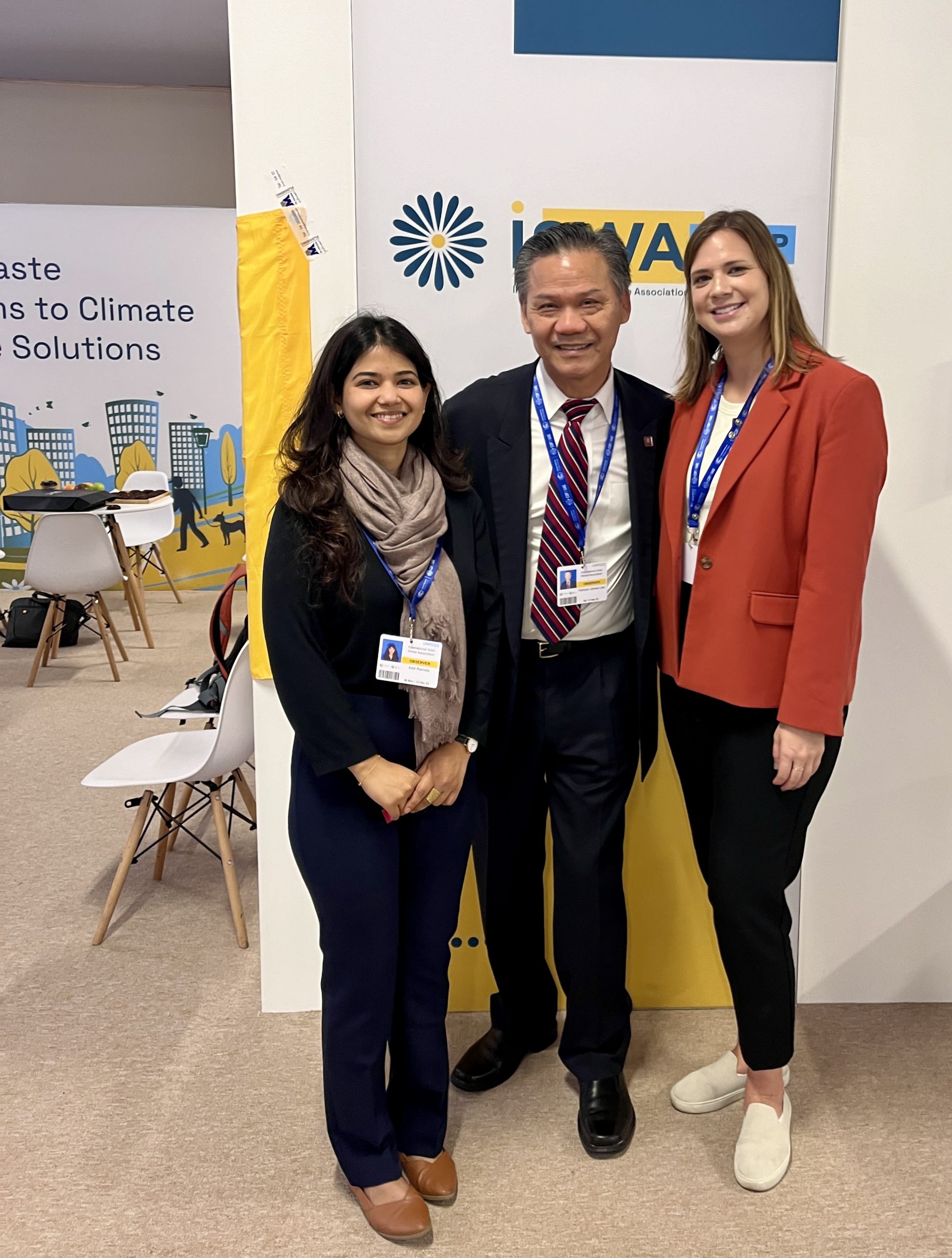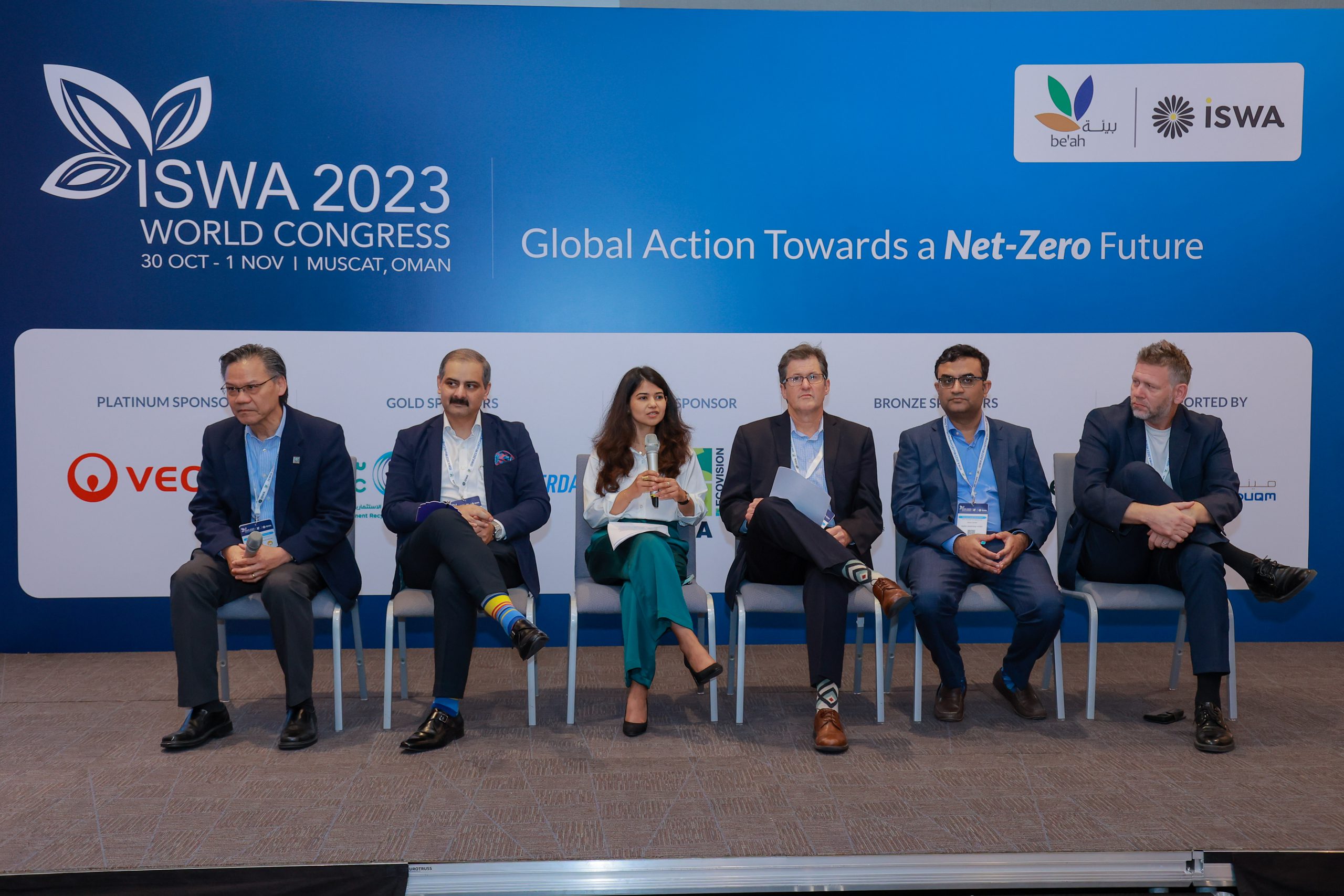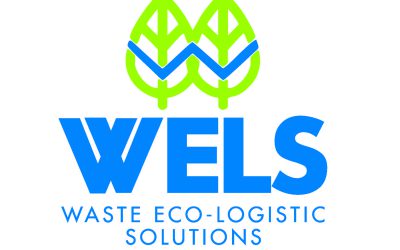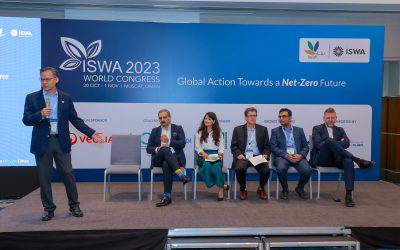
Aditi Ramola
Technical Director, ISWA

The Working Group organized a successful side event at the Waste and Resources Pavilion at the COP 28 on Closing Dumpsites: fulfilling a basic human right to tackle GHG emissions. The session addressed the environmental and human rights implications of dumpsite closure and highlighted the role of dumpsites in greenhouse gas emissions, particularly methane, and their violation of basic human rights due to poor conditions impacting marginalized communities. Closing dumpsites is seen as a necessary step for reducing greenhouse gas emissions, improving public health, and enhancing living conditions. This involves relocating waste facilities away from residential areas and implementing sustainable waste management practices. The session acknowledged the financial, logistical, and stakeholder resistance challenges in closing dumpsites, advocating for collaborative efforts in waste management and dumpsite closure for environmental and human rights improvements. This discussion underscored the importance of global cooperation, innovative waste management strategies, and sustainable practices in transitioning from traditional dumpsites to more environmentally friendly and socially responsible waste disposal solutions.



